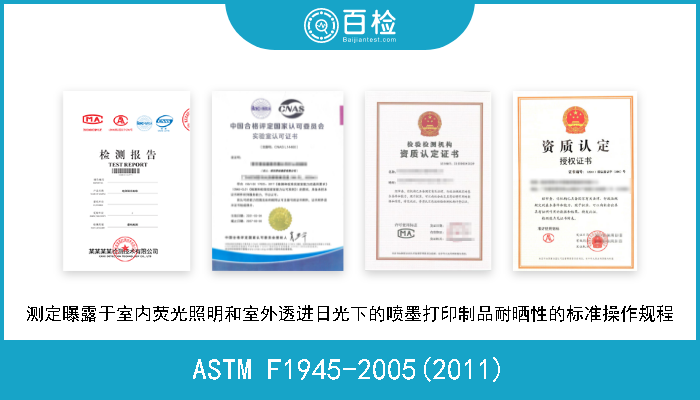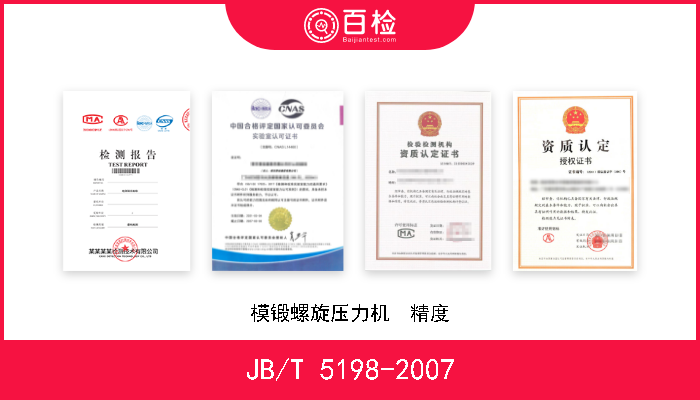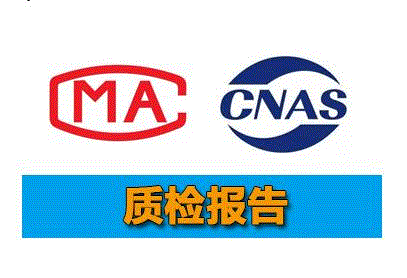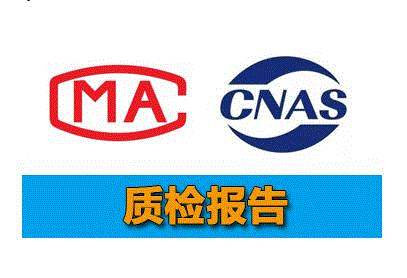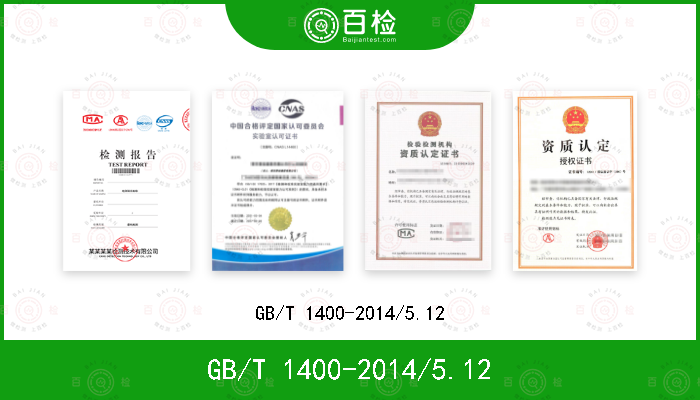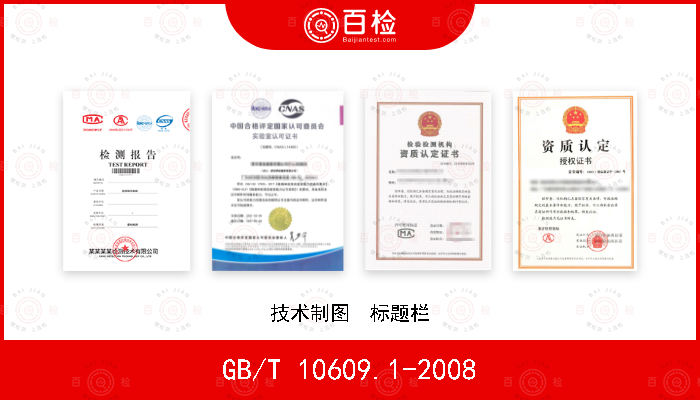SAE J 1113/12-2006 经由补给线以外电线的传导和耦合电容性及感应耦合引起的电干扰
百检网 2021-07-15
标准号:SAE J 1113/12-2006
中文标准名称:经由补给线以外电线的传导和耦合电容性及感应耦合引起的电干扰
英文标准名称:Electrical Interference by Conduction and Coupling Capacitive and Inductive Coupling via Lines Other than Supply Lines
标准类型:L06
发布日期:2006/8/1 12:00:00
实施日期:1999/12/31 12:00:00
中国标准分类号:L06
国际标准分类号:43.040.10
引用标准:SAE J1113-11;SAE J1113-1;SAE J1113-4;ISO 7637-3
适用范围:This SAE Standard establishes a common basis for the evaluation of devices and equipment in vehicles against transient transmission by coupling via lines other than the power supply lines. The test demonstrates the immunity of the instrument, device, or equipment to coupled fast transient disturbances, such as those caused by switching of inductiveloads, relay contact bouncing, etc. Four test methods are presented – Capacitive Coupling Clamp, Chattering Relay, Direct Capacitor Coupling, and Inductive Coupling Clamp.1.1 Measurement PhilosophyYears of experience with immunity testing of instruments, devices, and equipment shows the need for tests simulating transient coupling phenomena covering a wide range of electric and electromagnetic disturbances on non-supply leads.The knowledge of these facts is common among EMC experts, and many companies have developed such coupling tests.1.1.1 Capacitive Coupling Clamp (CCC)The fast transient test uses bursts composed of a number of fast pulses, which are coupled into all lines other than the supply lines of electronic equipment. The short rise time, the repetition rate, and the low energy of the transients aresignificant for the test.Theoretical and practical examinations of capacitive and inductive coupling test procedures for car electrical systems with respect to coupling via lines other than the supply lines have been made. Since in the actual test situation neither theoriginal cable harness nor the possible sources of interference are available, worst case testing must be performed which is represented by capacitive coupling. The coupling clamp can be used to couple these fast transients to the DUT via thetest harness.1.1.2 Chattering RelayIn an actual vehicle, inductive transients are usually random in occurrence, amplitude, and duration. Other methods of testing using commercial test instruments that create a very repeatable event are much less effective at finding certaintypes of concerns since they do not create such a random sequence. This randomness is extremely critical for DUTs containing microprocessors since the transients must often line up in time with a certain point in software execution tohave an effect. To create such a match using commercial transient generators takes an unreasonable amount of test time. The noise created by this test is designed to provide a continuous series of random transients using a chatteringrelay.1.1.3 Direct Capacitor CouplingThe Direct Capacitor Coupling (DCC) method uses a capacitor to directly couple both fast and slow transients dependingon the capacitor used. When using the DCC method, care has to be taken to ensure that signals are not unacceptably distorted (e.g. communication on bus systems). For the fast transient test, the disadvantage of the DCC method is thateach line is tested individually unlike the Coupling Clamp method.1.1.4 Inductive Coupling ClampThe Inductive Coupling Clamp (ICC) method uses the Bulk Current Injection components to apply the test pulses. The method is able to better couple the slow transient test pulses. For DUTs with a moderate or large number of lines to be tested, this method has an advantage over the DCC method.
中文标准名称:经由补给线以外电线的传导和耦合电容性及感应耦合引起的电干扰
英文标准名称:Electrical Interference by Conduction and Coupling Capacitive and Inductive Coupling via Lines Other than Supply Lines
标准类型:L06
发布日期:2006/8/1 12:00:00
实施日期:1999/12/31 12:00:00
中国标准分类号:L06
国际标准分类号:43.040.10
引用标准:SAE J1113-11;SAE J1113-1;SAE J1113-4;ISO 7637-3
适用范围:This SAE Standard establishes a common basis for the evaluation of devices and equipment in vehicles against transient transmission by coupling via lines other than the power supply lines. The test demonstrates the immunity of the instrument, device, or equipment to coupled fast transient disturbances, such as those caused by switching of inductiveloads, relay contact bouncing, etc. Four test methods are presented – Capacitive Coupling Clamp, Chattering Relay, Direct Capacitor Coupling, and Inductive Coupling Clamp.1.1 Measurement PhilosophyYears of experience with immunity testing of instruments, devices, and equipment shows the need for tests simulating transient coupling phenomena covering a wide range of electric and electromagnetic disturbances on non-supply leads.The knowledge of these facts is common among EMC experts, and many companies have developed such coupling tests.1.1.1 Capacitive Coupling Clamp (CCC)The fast transient test uses bursts composed of a number of fast pulses, which are coupled into all lines other than the supply lines of electronic equipment. The short rise time, the repetition rate, and the low energy of the transients aresignificant for the test.Theoretical and practical examinations of capacitive and inductive coupling test procedures for car electrical systems with respect to coupling via lines other than the supply lines have been made. Since in the actual test situation neither theoriginal cable harness nor the possible sources of interference are available, worst case testing must be performed which is represented by capacitive coupling. The coupling clamp can be used to couple these fast transients to the DUT via thetest harness.1.1.2 Chattering RelayIn an actual vehicle, inductive transients are usually random in occurrence, amplitude, and duration. Other methods of testing using commercial test instruments that create a very repeatable event are much less effective at finding certaintypes of concerns since they do not create such a random sequence. This randomness is extremely critical for DUTs containing microprocessors since the transients must often line up in time with a certain point in software execution tohave an effect. To create such a match using commercial transient generators takes an unreasonable amount of test time. The noise created by this test is designed to provide a continuous series of random transients using a chatteringrelay.1.1.3 Direct Capacitor CouplingThe Direct Capacitor Coupling (DCC) method uses a capacitor to directly couple both fast and slow transients dependingon the capacitor used. When using the DCC method, care has to be taken to ensure that signals are not unacceptably distorted (e.g. communication on bus systems). For the fast transient test, the disadvantage of the DCC method is thateach line is tested individually unlike the Coupling Clamp method.1.1.4 Inductive Coupling ClampThe Inductive Coupling Clamp (ICC) method uses the Bulk Current Injection components to apply the test pulses. The method is able to better couple the slow transient test pulses. For DUTs with a moderate or large number of lines to be tested, this method has an advantage over the DCC method.
百检能给您带来哪些改变?
1、检测行业全覆盖,满足不同的检测;
2、实验室全覆盖,就近分配本地化检测;
3、工程师一对一服务,让检测更精准;
4、免费初检,初检不收取检测费用;
5、自助下单 快递免费上门取样;
6、周期短,费用低,服务周到;
7、拥有CMA、CNAS、CAL等权威资质;
8、检测报告权威有效、中国通用;
客户案例展示
相关商品
版权与免责声明
①本网注名来源于“互联网”的所有作品,版权归原作者或者来源机构所有,如果有涉及作品内容、版权等问题,请在作品发表之日起一个月内与本网联系,联系邮箱service@baijiantest.com,否则视为默认百检网有权进行转载。
②本网注名来源于“百检网”的所有作品,版权归百检网所有,未经本网授权不得转载、摘编或利用其它方式使用。想要转载本网作品,请联系:service@baijiantest.com。已获本网授权的作品,应在授权范围内使用,并注明"来源:百检网"。违者本网将追究相关法律责任。
③本网所载作品仅代表作者独立观点,不代表百检立场,用户需作出独立判断,如有异议或投诉,请联系service@baijiantest.com
相关问答
最新资讯







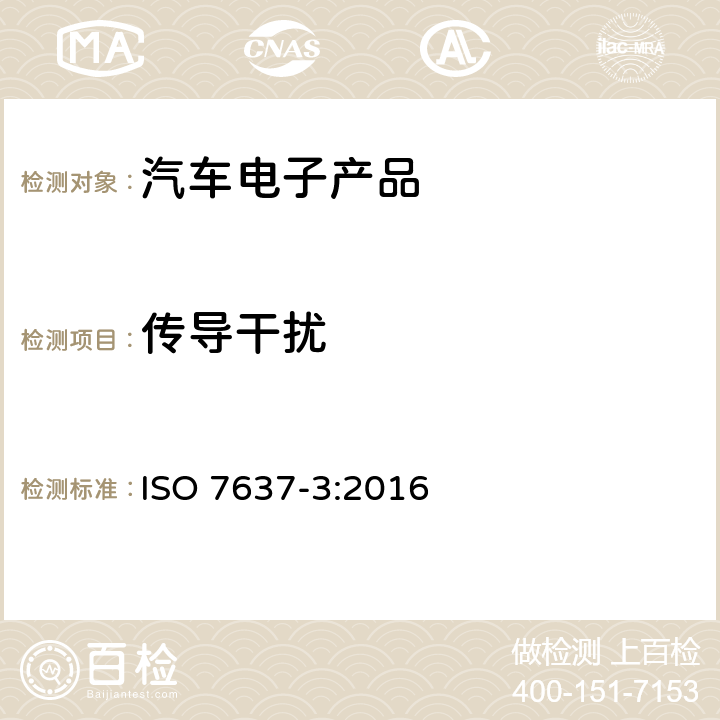
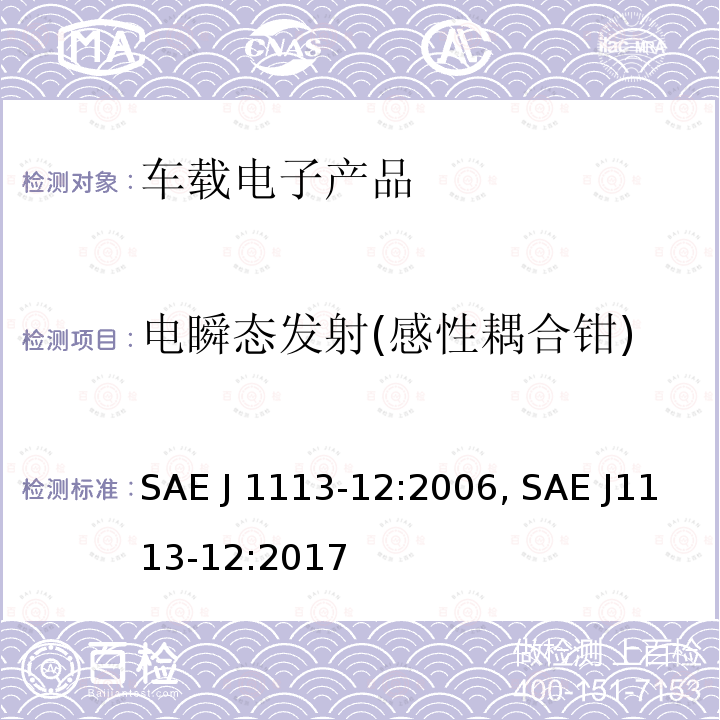
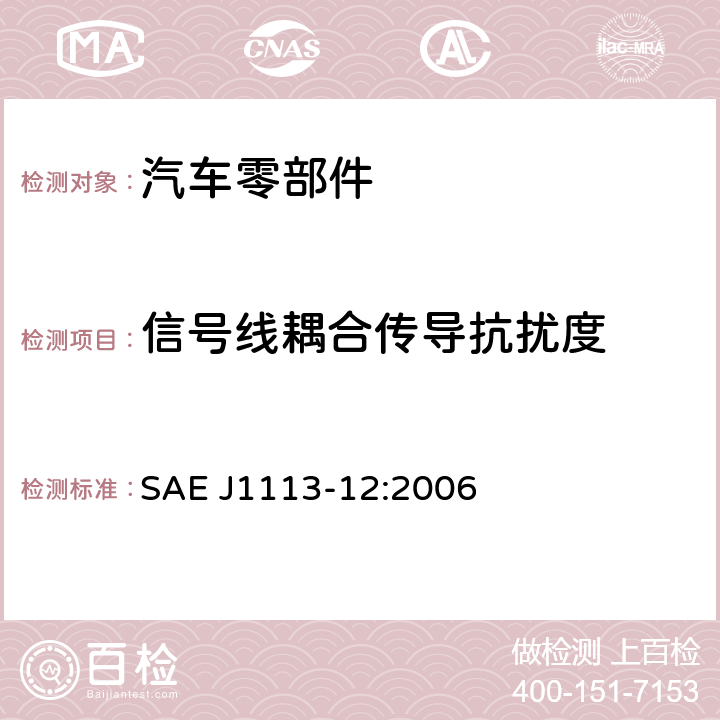
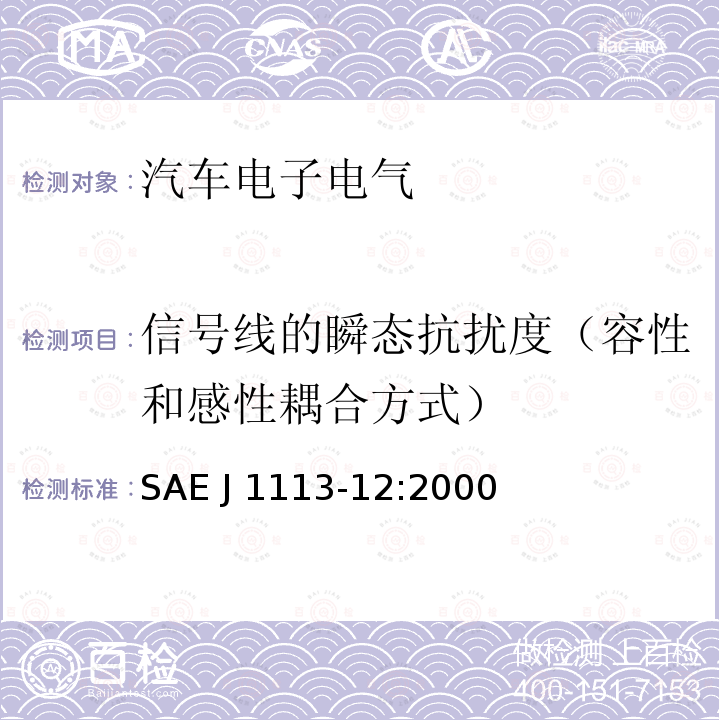
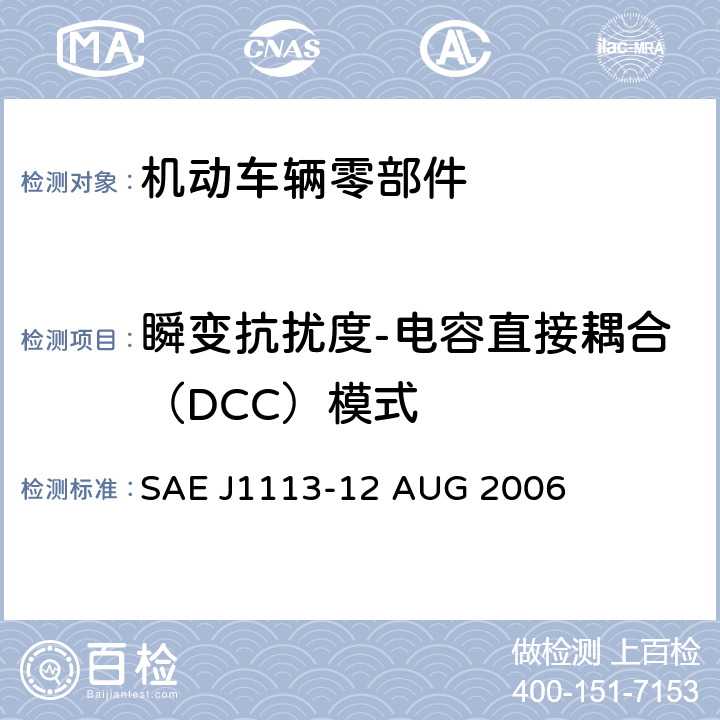
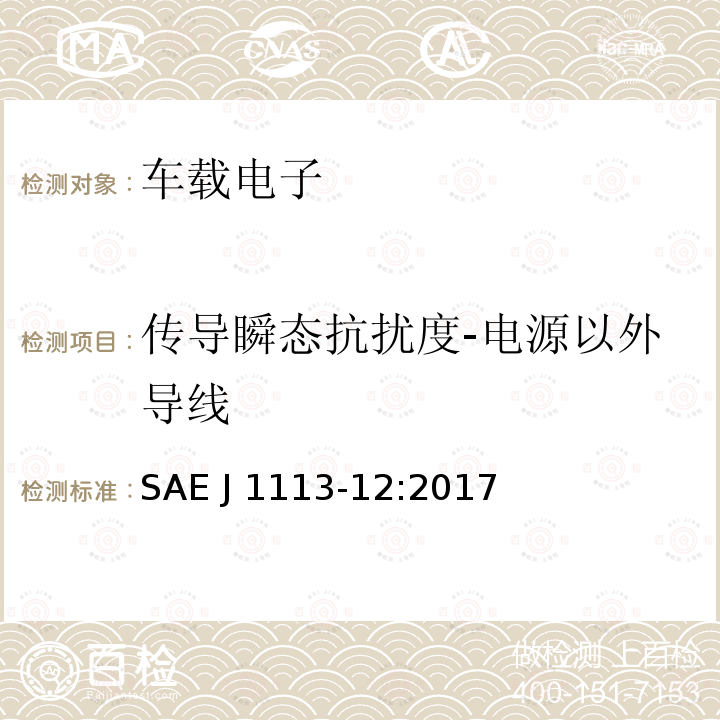
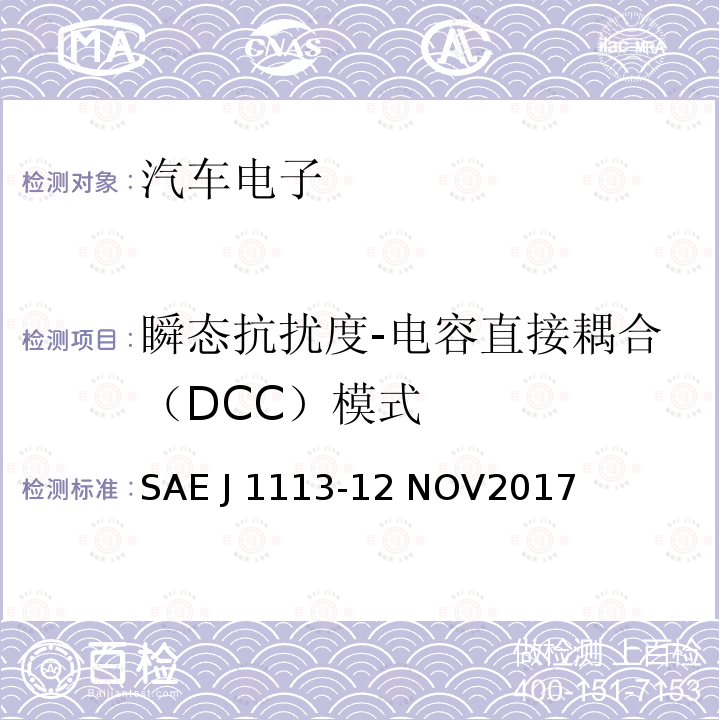
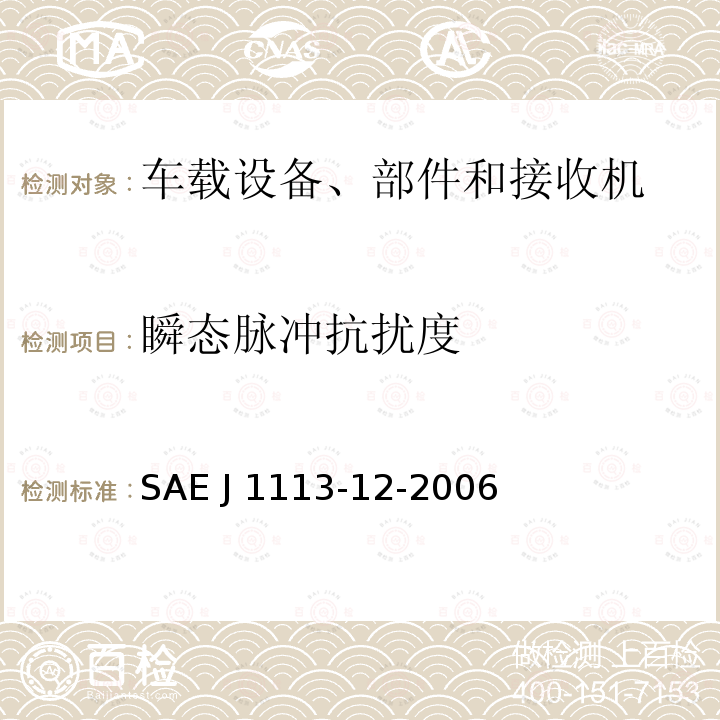
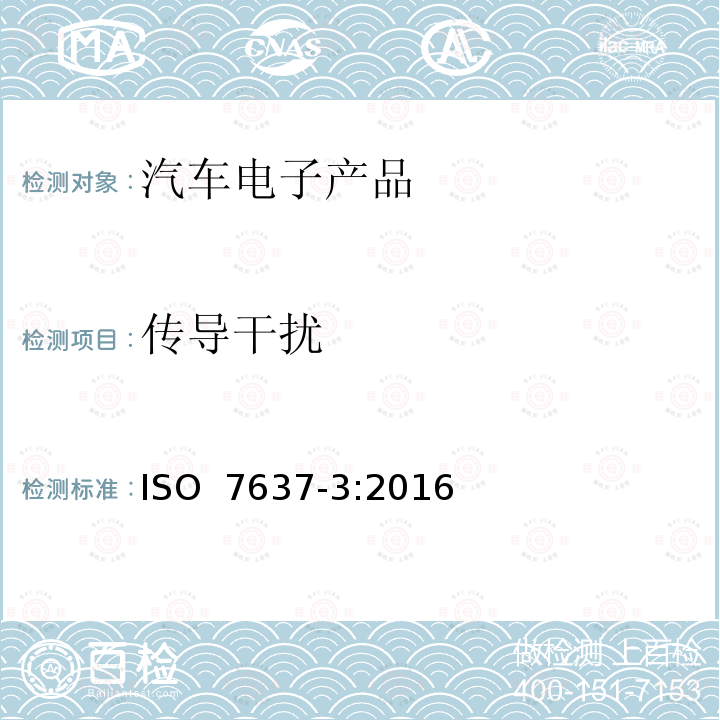
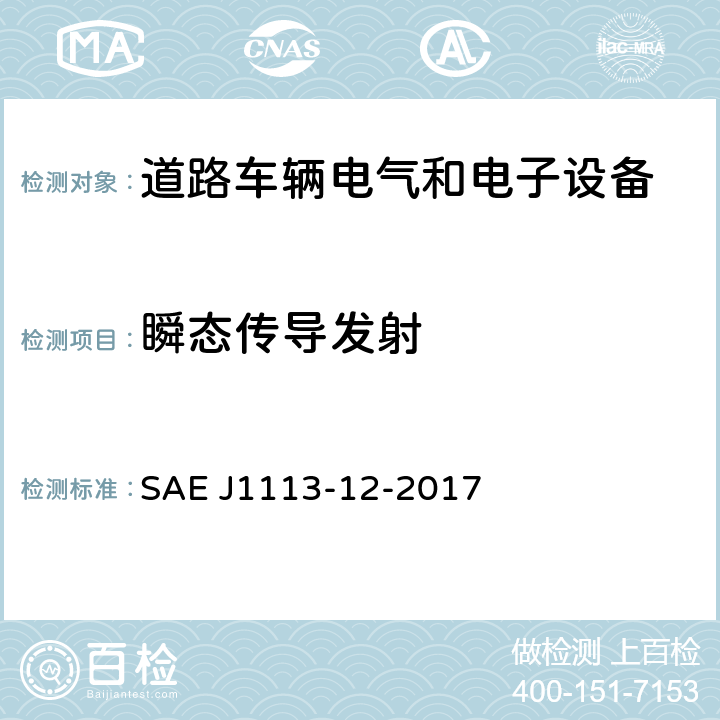
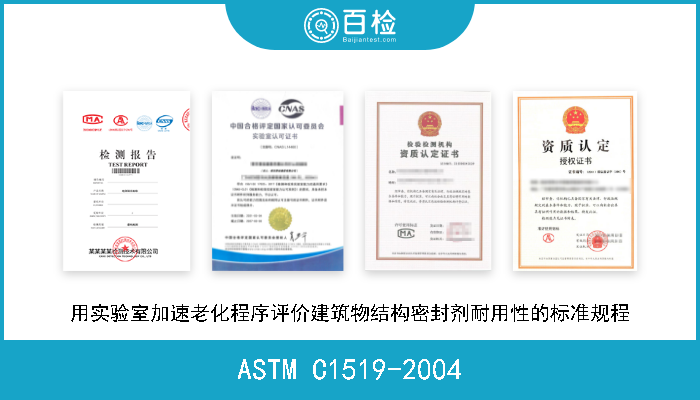
.png)

